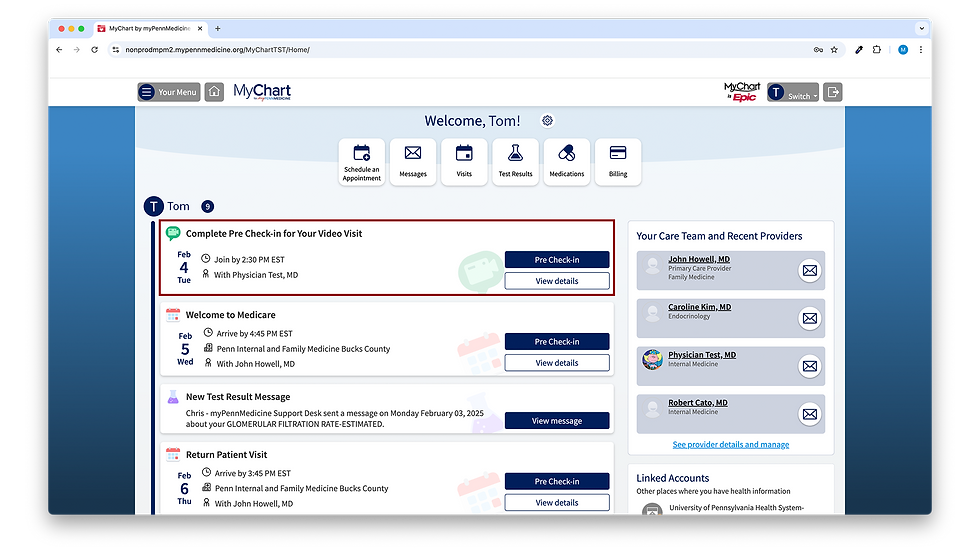Enhancing Elderly Brain Health: The Promise of Brain-Computer Interfaces
- Kat Usop

- Jun 25
- 3 min read
Updated: Jul 18
As our global population ages, maintaining cognitive vitality is becoming a pressing concern. Individuals and healthcare systems alike are affected. The threat of age-related cognitive decline, including conditions like dementia and Alzheimer’s, weighs heavily on society. But what if we could harness the brain's own capabilities to manage and even enhance its health as we age?
Enter Brain-Computer Interfaces (BCIs) – a cutting-edge technology poised to revolutionize elderly brain health management.
Understanding Brain-Computer Interfaces
BCIs create a direct communication pathway between the brain and external devices. They detect and interpret brain signals, often through non-invasive EEG caps. The technology translates our neural activity into commands for computers and can even help train and modify brain activity itself. While BCIs are often associated with restoring motor functions for individuals with paralysis, their applications in geriatric care are incredibly promising.
How BCIs Can Empower Older Adults
Cognitive Training and Enhancement
Imagine a personalized brain workout tailored just for you. BCIs can make this a reality, particularly using neurofeedback. Neurofeedback allows individuals to visualize their brainwave activity in real time and learn to regulate it.
For older adults, this can lead to several benefits:
- Improved Memory: By reinforcing neural pathways linked to memory retention and recall, BCIs can help combat age-related memory lapses. Research is ongoing to explore BCI-based systems designed to enhance attention and memory in healthy elderly individuals and those with cognitive decline, yielding promising results.
- Enhanced Attention and Focus: Attention spans can wane with age. BCI-based training can help retrain the brain, leading to improved concentration and productivity. Some studies have already shown notable improvements in attention and focus in older adults after neurofeedback interventions.
- Slowing Cognitive Decline: BCIs promote neuroplasticity, the brain's ability to adapt and reorganize. This could serve as a preventative measure, delaying cognitive impairments and even dementia. Neurofeedback's ability to enhance working and episodic memory in both healthy and mildly impaired elderly individuals demonstrates this potential.
Assistive Technologies for Independence
Beyond direct cognitive enhancement, BCIs significantly improve the quality of life for seniors. They provide greater autonomy and control over their environment. This includes:
Controlling Smart Home Devices: Imagine adjusting the thermostat or turning lights on with just a thought. BCIs can enable seamless interaction with smart home systems, making daily living easier and safer. Development is underway for BCI systems that allow elderly users to control home appliances simply by thinking about the desired action.
Mobility Aids: For those with severe motor impairments due to conditions like stroke or ALS, BCIs can facilitate direct control of robotic arms, wheelchairs, or advanced exoskeletons. Real-world scenarios show paralyzed patients using BCIs to communicate and control devices, regaining significant autonomy.
Communication Tools: BCIs offer vital channels for individuals with severe communication challenges, such as locked-in syndrome. Advanced BCI systems enable patients to communicate at speeds of up to 78 words per minute, drastically improving their ability to interact with family and caregivers.
Early Detection and Ongoing Monitoring
BCIs also hold promise for early diagnosis and continuous monitoring of neurodegenerative diseases. By analyzing brainwave patterns, they can identify subtle changes indicative of conditions like Alzheimer's before significant symptoms appear. This allows for earlier interventions and better disease management. Functional MRI studies are being conducted alongside BCI cognitive training to better understand brain changes associated with these interventions.
Ethical Considerations and the Road Ahead
While the potential of BCIs in elderly brain health is immense, it is crucial to address the ethical landscape. Concerns around data privacy, given the sensitive nature of neural data, must be tended to. Ensuring equitable access to these technologies is also vital. Additionally, we need to navigate the potential for over-reliance or unrealistic expectations. Ongoing dialogue among researchers, clinicians, policymakers, and the public is essential for responsible development.
The Future is Bright
Brain-Computer Interfaces represent a paradigm shift in how we approach aging and brain health. By harnessing the brain's inherent plasticity and providing intuitive means for control and training, BCIs promise a future where older adults can maintain their cognitive functions and thrive. This enhanced quality of life encompasses greater independence and connection.
The journey is just beginning. However, the outlook for elderly brain health management, fueled by BCIs, is incredibly exciting. The intersection of technology and aging offers numerous opportunities for enhancing life quality as we age.
---
The inclusion of these advancements showcases a significant step toward a healthier aging experience. BCIs can truly redefine the future of elderly care, leading us towards more autonomy and connection across generations.


Comments